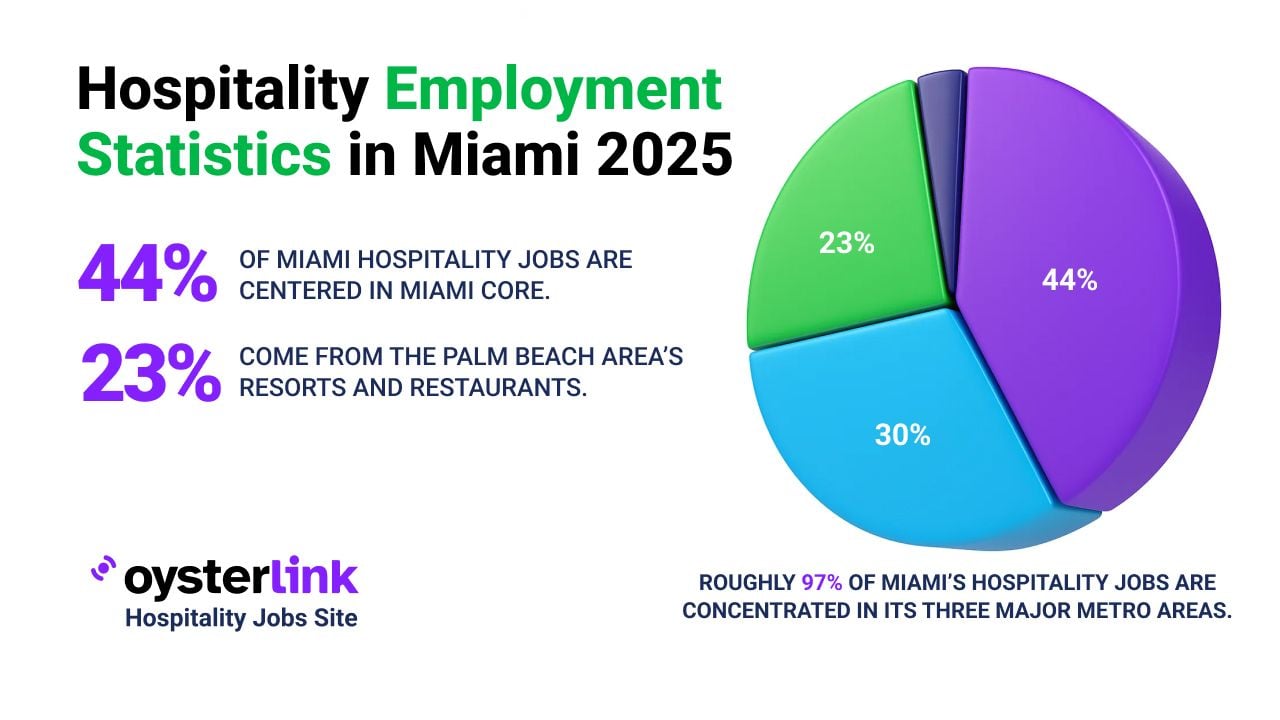Kentucky Cost of Living: Quick Takeaways
- Housing Costs: The average rent for a one-bedroom apartment in Kentucky is expected to reach approximately $800 in 2025.
- Transportation Expenses: Public transit fares are affordable, with monthly passes costing around $50, and fuel prices averaging $3.28 per gallon.
- Healthcare Costs: Monthly employer-sponsored health insurance premiums average about $126.08, while Silver health plans cost around $431.
- Income Levels: The median household income in Kentucky reached $55,000 in 2025.
Kentucky offers a cost of living below the national average, making it an appealing place for residents prioritizing affordability.
In this article, we provide a thorough breakdown of the factors affecting Kentucky's cost of living, from housing and transportation to healthcare and miscellaneous expenses.
1. Housing Costs in Kentucky
Housing costs in Kentucky have generally increased over the past decade but remain affordable compared to national averages.
- 2010: Average rent for one-bedroom apartment was $600
- 2015: Rent rose to around $700
- 2020: Approximately $800
- 2024: Dropped slightly to $751
- 2025: Projected to be $800
This trend reflects steady demand and moderate price growth in the rental market across Kentucky.
Hospitality businesses looking to manage costs effectively should consider local real estate market trends.
2. Homeownership and Real Estate Trends in Kentucky
Purchasing a home in Kentucky continues to be cost-effective relative to many other states.
- 2010: Median home price approximately $150,000
- 2015: Increased to $170,000
- 2020: Around $190,000
- 2024: Reached $211,465
- 2025: Projected the same at $211,465
These prices indicate a gradually appreciating real estate market, offering reasonable options for homebuyers.
3. Transportation Expenses in Kentucky
Transportation costs in Kentucky are relatively affordable with multiple options available.
- Public Transit One-Way Fare: Approximately $1.29
- Public Transit Monthly Pass: $50.00
- Fuel Cost per Gallon: $3.28
- Annual Vehicle Maintenance: About $1,000
These costs offer an economical commuting and travel experience for Kentuckians.
4. Utility Costs in Kentucky
Utility expenses remain affordable and balanced across different services.
- Electricity Monthly: $141.23
- Internet Monthly: $60.00
- Total Monthly Utilities: Estimated at $250.00
Utility prices are slightly below national averages, contributed by lower electricity and internet charges.
Restaurant owners can find useful guides on managing utility costs for better budgeting.
5. Grocery and Food Expenses in Kentucky
Food expenses in Kentucky are somewhat lower than the national average.
The average monthly grocery cost per person is $254.57, while dining out costs range from $15 at casual establishments to $50 for a meal at mid-range restaurants.
6. Healthcare Costs in Kentucky
Healthcare expenditures include insurance premiums and out-of-pocket expenses.
Average monthly employer-sponsored health insurance costs are $126.08, and Silver health insurance plan premiums average $431.00.
7. Educational Expenses in Kentucky
Education costs vary depending on the institution type.
- Public Schools: Generally publicly funded with no direct tuition fees
- Private School Tuition: Average annual tuition around $10,000
- In-State University Tuition: Approximately $11,000 per year
These costs are important considerations for families and students planning educational budgets.
8. Entertainment and Leisure in Kentucky
Kentucky offers reasonable pricing for a variety of entertainment options.
- Movie Ticket: $10 per ticket
- Gym Membership: Monthly fee of about $30
- Meal at Mid-Range Restaurant: $50
- Annual Entertainment Expenses: Estimated at $2,000
- Personal Care Services Annually: $600
- Miscellaneous Goods & Services Annually: $500
9. Taxes and Miscellaneous Fees in Kentucky
- State Income Tax Rate: Flat rate of approximately 4%
- Sales Tax: Total rate around 6%
- Property Tax Rate: Low at about 0.83%
Kentucky’s tax rates contribute to overall affordability, especially in property holdings.
10. Childcare and Family Expenses in Kentucky
- Daycare Monthly Cost: $750
- After-School Programs: $300 per month
- Extracurricular Activities: $100 monthly
These family-related expenses play a significant role in budgeting for households with children.
11. Clothing and Personal Care in Kentucky
Kentucky residents spend moderately on clothing and personal care services.
- Clothing Monthly: Estimated at $100
- Personal Care Monthly: About $50 spent on grooming and related services
12. Insurance Costs in Kentucky
- Health Insurance Monthly Premiums: $431
- Auto Insurance Annual Premium: $1,040.38
- Homeowners Insurance Annual Cost: $1,200
- Renters Insurance Annual Cost: $180
Insurance expenses are an essential part of financial planning for residents in Kentucky.
Restaurant owners may benefit from insights on restaurant insurance costs to protect their businesses.
13. Miscellaneous Expenses in Kentucky
Additional living costs encompass entertainment, personal care services, and various goods.
- Annual Entertainment Expenses: $2,000
- Personal Care Services Annually: $600
- Miscellaneous Goods and Services Annually: $500
14. Income and Salaries in Kentucky
Median household incomes have steadily increased over recent years.
- 2010: $40,000
- 2015: $45,000
- 2020: $50,000
- 2023: $55,000
- 2025: $55,000
This growth reflects economic development and improved earnings in the region.
For those in hospitality careers, understanding local income trends can help in restaurant staff hiring and salary planning.
15. Comparison with National Averages for Kentucky
Kentucky’s cost of living remains below the national average across many categories.
- Overall Cost of Living: Approximately 16% lower
- Housing: 23% less expensive
- Utilities: 15% lower
- Food Costs: 6% below average
- Healthcare: 4% cheaper
- Transportation: 3% lower
- Goods and Services: 8% less expensive
These figures position Kentucky as a cost-effective state compared to the national landscape.
Our Methodology for Kentucky Cost of Living Figures
Our analysis uses data compiled from trusted sources such as Numbeo, BLS, Zillow, and government databases. Where direct statistics are unavailable, estimations based on regional trends are applied to ensure comprehensive and accurate reporting.
Kentucky Cost of Living: Conclusion
Kentucky’s cost of living in 2025 presents a generally affordable profile, especially in housing and utilities.
While some expenses like healthcare and transportation remain competitive with national averages, overall affordability makes Kentucky appealing for both residents and potential newcomers.
Staying informed about these costs helps individuals and families plan better for their financial futures within the state.
Employers seeking to improve staff retention in hospitality roles might explore strategies to reduce employee turnover to maintain a stable workforce.


.webp)
.webp)
